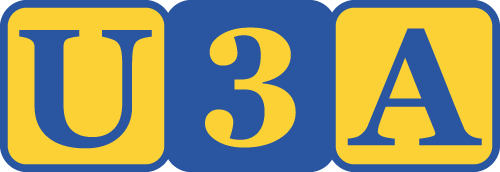Wednesday, 7th March
Today, I am off to join the Chinese Medicine and Wellbeing Class at Mill Park Library. I believe I will find the class very interesting, not only from a health point of view, but a personal one as I will explain later.
The class is conducted by Minjuan (Alyssa) Quan of the Confucius Institute of Chinese Medicine at R.M.I.T. Bundoora. I wanted to have a better understanding of the subject, so I read the earlier handouts. These dealt with Seasonal Health Preservation; how the seasons and the foods we eat affect the body externally and internally. The seasonal festivals that the Chinese celebrate and why, giving the understanding that we are part of nature. Herbal medicines and the meaning of Qi (pronounced chee) and yin and yang.
In this morning’s class, we explored more about a visit to the Chinese Medicine Doctor. By using the example of how we choose a good watermelon, or, the many words used in Australia to describe the different species of a parrot, we come to understand how Chinese Medicine Doctors observe the external manifestation to know the internal organ.
Alyssa told the story of the Emperor who was seen by an experienced Chinese Medicine Doctor. The Doctor was not allowed to physically examine the Emperor, but by observation, and he could see signs that the Emperor was becoming ill and wanted to treat him whilst the disease was still in its early stages. On each further visit the Doctor observed the disease was going deeper into the Emperor’s body, but he still refused treatment because he was not feeling any discomfort. The disease progressed to a stage where the Emperor became aware that he was very ill and called for the Doctor but he had left because he knew it was too late for treatment and the Emperor would die and so would he, if he stayed. (Wise man!)
Chinese language embodies different concerns in seeing our tongue, differentiating our pulse and viewing our body. Traditional Chinese Medicine looks at each person as an individual and helps them work with their own bodies within the environment in which they live.
Alyssa’s assistant, Ming, led us to do some health preserving exercises, which were modified to fit our U3A group.
This is a class combining resourceful information as well as practical guidance for daily exercise.
In my earlier Journal entry, (2nd March), I mentioned that I wanted to know about my family’s history. Well, I was chatting to a wise 73year old bear who knows his life story from creation to the present day. Looking at me he said “You belong to the ‘Care Bear family’ and your origins are in China”. You should be proud as these bears carry out an important role in the community. With this knowledge, I feel any further research would be like finding a very small needle in a large haystack, so I will leave that to learn about my country of origin, China; it’s people, culture and traditions. I am happy to have been adopted by WU3A and my role within that Organisation. Perhaps my next stop should be learning Mandarin.
